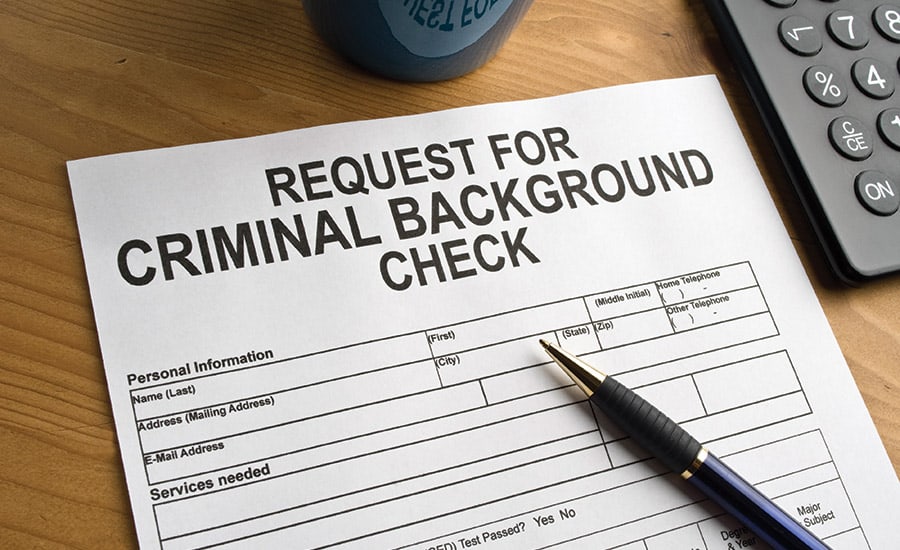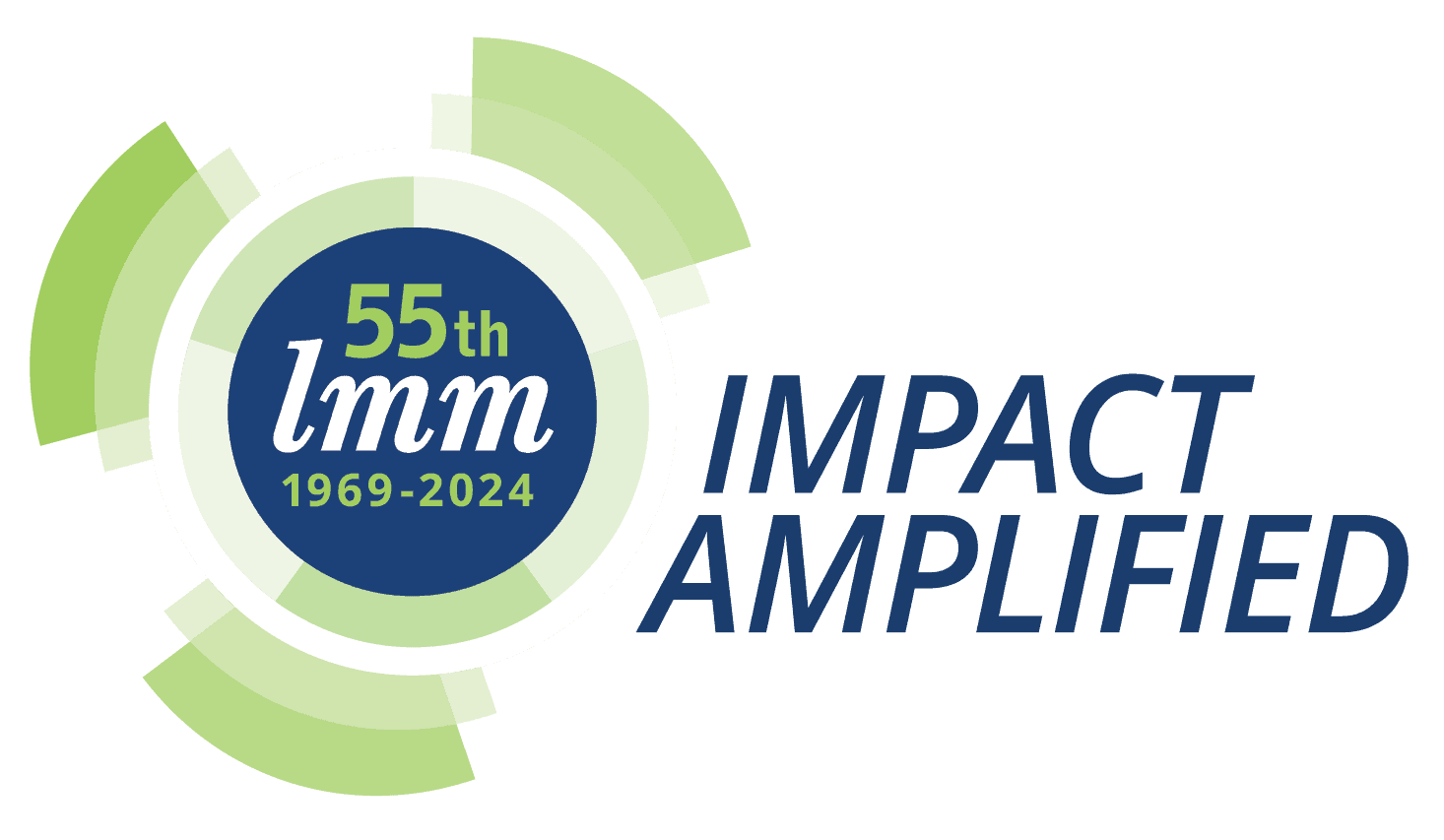 Do you remember the last time you applied for a rental property? At some point in the application process, you were probably asked to pay a fee for the property manager to run a background check. This step has become a routine part of the rental application process. However, for applicants who have a criminal record (or a household member with a record), it can be a major barrier to obtaining housing.
Do you remember the last time you applied for a rental property? At some point in the application process, you were probably asked to pay a fee for the property manager to run a background check. This step has become a routine part of the rental application process. However, for applicants who have a criminal record (or a household member with a record), it can be a major barrier to obtaining housing.
This is partly because criminal background is not a protected class (like race, gender, or disability) under the Fair Housing Act. In other words, property owners have a right to deny someone housing based solely on their record. However, in 2016 the U.S. Department of Housing and Urban Development issued guidance that challenged the legality of criminal background screening, using a “disparate impact” analysis. This guidance acknowledged the racial disparities embedded in the American legal system, and illustrated how those disparities impact access to housing.
Despite this guidance, past involvement with the criminal justice system remains a major barrier to housing. This is true in many cases regardless of the offense, the time elapsed since release, or who in the household has the record. At LMM, we serve with many individuals marred by these collateral sanctions, which can make finding an affordable and safe place to live incredibly difficult. This is especially problematic as someone with access to stable housing is less likely to reoffend, and more likely to achieve financial and personal stability. In the time of COVID-19, when housing is such an evident form of health care, such barriers could additionally mean the different between sickness and health.
In January 2020, the Greater Cleveland Reentry Leadership Coalition, of which LMM is a member, issued A Never-Ending Sentence, a report which specifically assessed barriers to housing for individuals seeking project-based Section 8 housing. LMM and other coalition members analyzed over 100 Tenant Selection Plans (TSPs) from throughout Cuyahoga County and found that criminal convictions (even misdemeanors) severely limit access to safety net subsidized housing in our community. The same is true for individuals renting housing on the private market, where denials are commonly issued without explanation, and only after background check fees are paid.
Across the country, cities and states are adopting Fair Chance Housing Ordinances, which take additional steps to prevent landlords from using criminal background to deny housing opportunities. LMM believes that the local advancement of such policies would help thousands of individuals secure safe and stable housing, contributing to a stronger and healthier community. Our Advocacy department is working with a team of local partners and experts to bring awareness to the impact of criminal background screening, and promote local protections that would positively impact our program participants and broader community. More to come!






